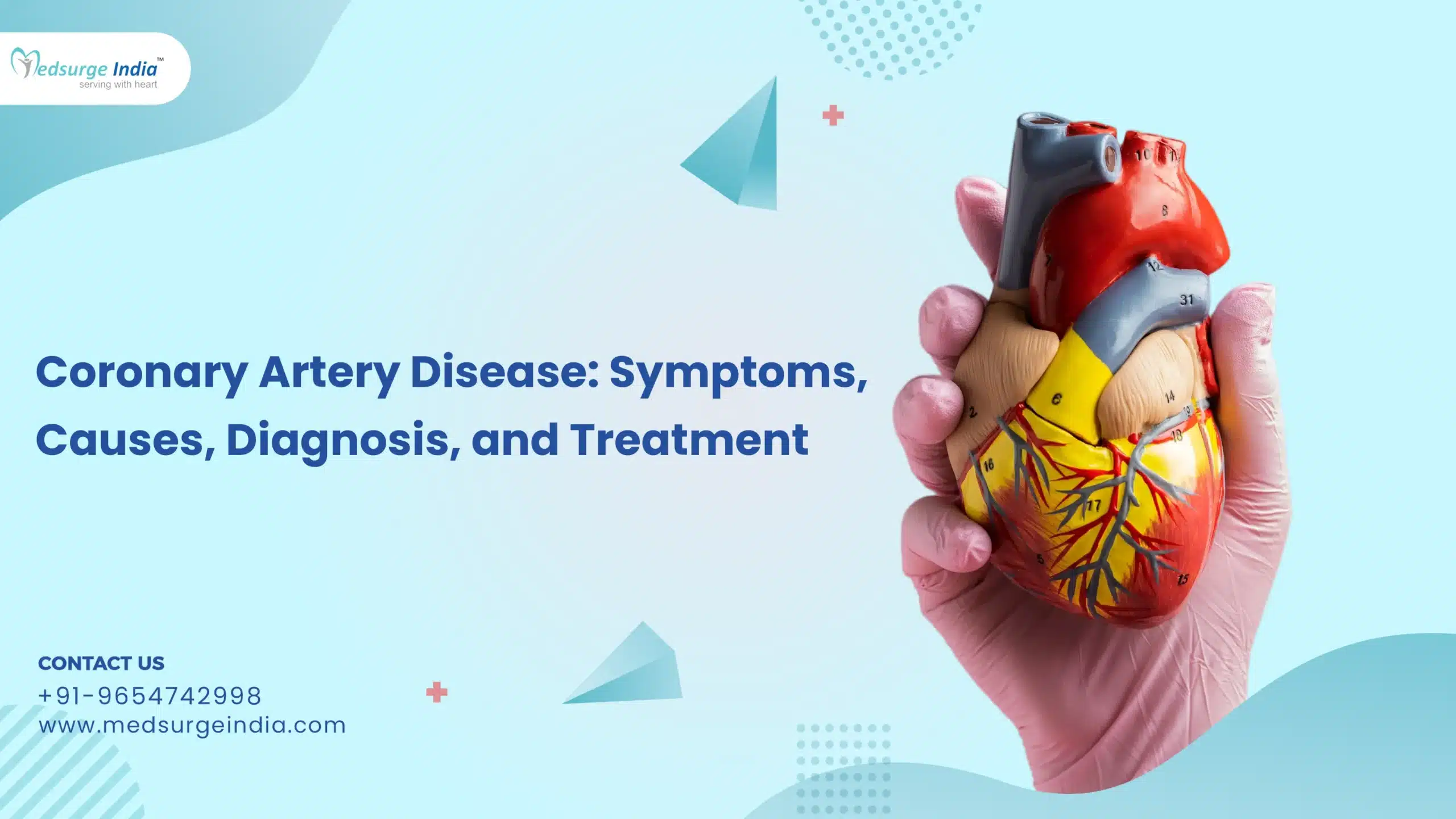
Treatment of Non-Cancerous Diseases with Bone Marrow Transplant
What is Bone Marrow
Bone marrow is a fat tissue inside your bones that contains stem cells that produce various cells that your body needs. The body can no longer produce healthy blood cells when these stem cells are damaged by cancer, chemotherapy, or any other illness. It may be necessary to undergo a bone marrow transplant in such a situation.
What are Non-Cancerous Diseases
Tumors are groups of abnormal cells. It occurs when cells proliferate excessively or do not die when they should. A tumor may be benign or malignant. A benign tumor is generally not an issue unless it pushes against a neighboring structure or produces other symptoms.
Non-Cancerous Diseases Treated By Bone Marrow Transplant
Bone marrow transplant , also known as hematopoietic stem cell transplant (HSCT), is a procedure in which a person’s diseased or damaged bone marrow is replaced with healthy bone marrow. BMT can be used to treat a variety of non-cancerous diseases, such as:
- Sickle cell anemia: BMT can be used to cure sickle cell anemia, a genetic disorder that causes abnormal red blood cells that can block blood vessels and cause severe pain.
- Thalassemia: BMT can also be used to treat thalassemia, another genetic disorder that affects the production of red blood cells.
- Aplastic anemia: BMT can be used to treat aplastic anemia, a condition in which the bone marrow fails to produce enough blood cells.
- Autoimmune diseases: BMT can be used to treat autoimmune diseases such as multiple sclerosis, systemic lupus erythematosus, and scleroderma.
- Inherited metabolic disorders: BMT can be used to treat certain inherited metabolic disorders, such as Hurler syndrome and Hunter syndrome.
- Leukimea: Bone marrow can also be used to treat leukemia, a condition where cancer of blood-forming tissues, hinders the body’s ability to fight infection.
The success of BMT depends on factors such as the underlying disease, the patient’s age, overall health, and the availability of a suitable donor. BMT carries some risks, including infection, graft-versus-host disease, and graft failure. The decision to undergo BMT should be made in consultation with a doctor who specializes in the treatment of the underlying disease.
Helpful – Top 10 Bone Marrow Transplant Doctors in India
How Do These Diseases Respond To Bone Marrow Transplants (BMT)
BMT uses healthy bone marrow from a donor to substitute the diseased bone marrow. Blood-forming cells are created in the bone marrow. To create every blood cell, you need healthy blood-forming cells.
There Are Two Types of BMT
- Autologous Transplant: It uses the patient’s own blood-forming cells.
- Allogenic Transplant: It uses healthy forming cells from family members or unreal donors or umbilical cord blood.
To eliminate the unhealthy cells, you receive chemotherapy, either with or without radiation, for both kinds of donation. Then, the new cells are administered to you through an intravenous (IV) line. To create healthy blood cells, the cells move inside your bones.
From the start of chemotherapy or radiation treatment to the time of medical release, the complete donation procedure can take weeks or months. After that, there are several months of recuperation at home and close to the donation center. To avoid and handle any adverse effects or problems, your transplant staff will keep a careful eye on you.
Why BMT is Needed
The aim of a bone marrow transplant is to cure non-cancerous and cancerous diseases. A bone marrow transplant may be required when the chemotherapy or radiation dosages required to treat a malignancy are so high that the patient’s bone marrow stem cells will be irreparably harmed or killed by the treatment. If an illness has killed the bone marrow, bone marrow transplants may also be required.
Bone marrow can be used to:
- Replaced diseased non-functioning bone marrow with healthy functioning bone marrow.
- Regenerate a new immune system that will fight existing or residual leukemia or other cancerous diseases not killed by chemotherapy or radiation therapy used in a transplant.
- Restore the bone marrow and restore its normal functioning after high doses of chemo/radiation therapy are given to treat a malignancy.
- Replace bone marrow with genetically healthy functioning bone marrow to prevent more damage from a genetic disease process (such as Hurler’s syndrome and adrenoleukodystrophy).
The risks and benefits must be weighed in a thorough discussion with your healthcare provider and specialists in bone marrow transplants before the procedure.
Bottom Line
Even though many tumors and growths turn out to be innocuous, it’s still a good idea to schedule a visit with your doctor as soon as you notice a growth or any new symptoms that might lead to a tumor. This includes warts with an odd appearance or skin tumors. Early discovery can make all the difference because some benign tumor types have a long latency period before turning malignant.
Long-term mortality after a bone marrow donation can differ significantly from patient to patient. The success rate for bone marrow transplants in children and adults has significantly increased as more transplants are being performed to treat a growing number of diseases and as new treatments are developed. Following a bone marrow donation, the patient must receive ongoing follow-up treatment. There are always new ways to enhance therapy and lessen complications and adverse effects of a bone marrow transplant. Consult with the Medsurge India team for BMT treatment in India.












